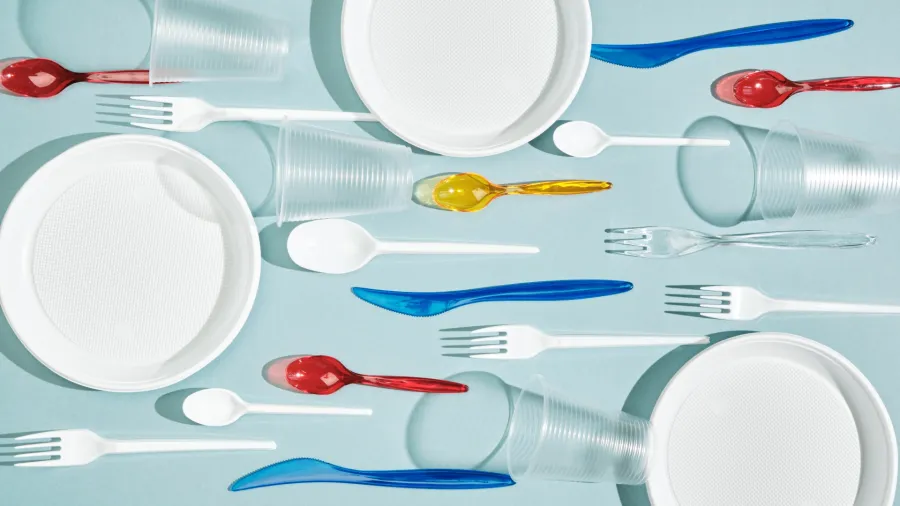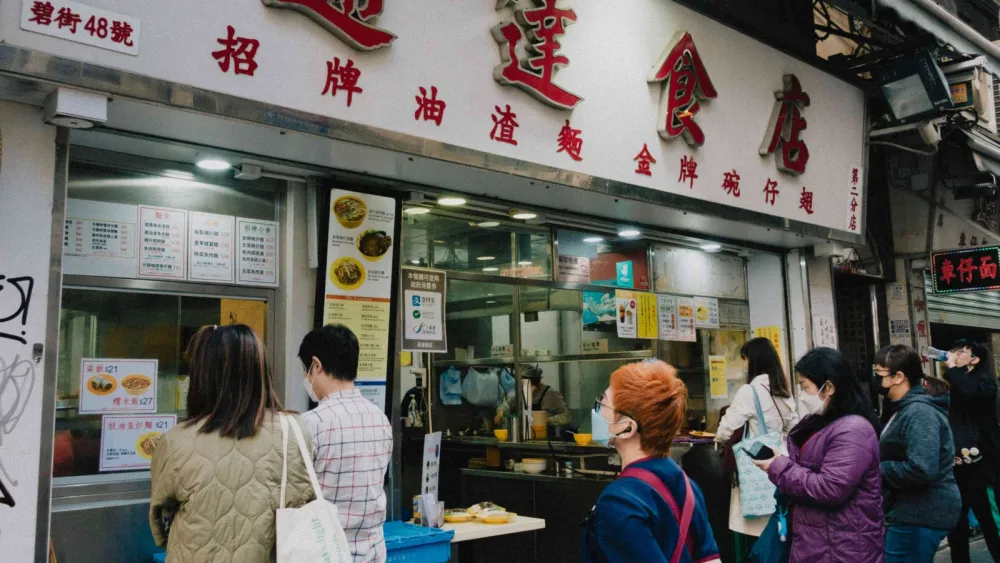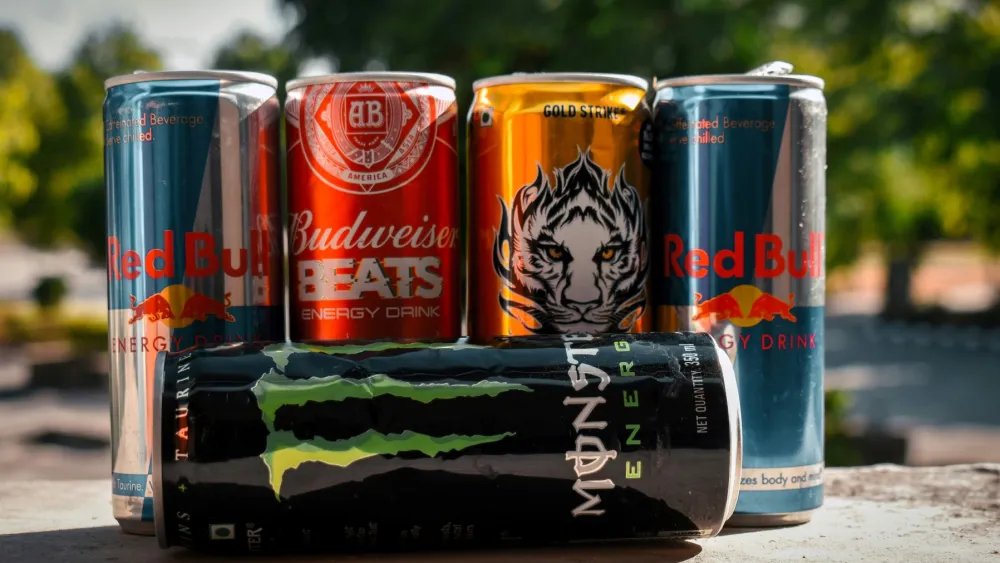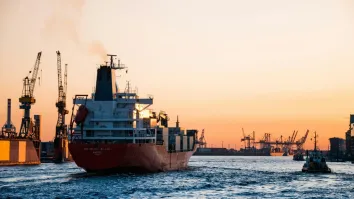
Hong Kong’s single-use plastic ban to curb F&B waste with green alternatives
The new regulation will be implemented in two phases to allow businesses ample time for transition.
Innovative packaging that ensures both convenience and brand identity, whilst especially important in the Food and Beverage (F&B) industry, should aim to lessen its disposable burden on nature. What continues in this time, however, is the unchecked pollution of single-use plastics.
Vendors opt for disposable tableware to cut costs and workload; and customers, on the other hand, choose convenience over reusable options to simplify tasks and save time when dining away from home.
Data shows this convenience has become detrimental to the environment. In 2022, the average daily quantity of overall plastic/polyfoam tableware disposed of in Hong Kong reached 227 tonnes, accounting for approximately 10% of the total disposal of plastic waste, according to the Environmental Protection Department (EPD).
“In order to reduce the use of disposable plastic tableware and other plastic products at [the] source with a view to minimising the impacts of plastic pollution on the marine environment and human health, the Government has implemented the regulation of disposable plastic tableware and other plastic products starting from 22 April 2024,” the EPD told Hong Kong Business.
The regulation is set to unfold in two phases. The first phase bans the sale and distribution of single-use plastics such as straws, cutlery, and styrofoam food containers. The second phase, of which the implementation timetable shall be subject to the availability and affordability of the relevant non-plastic alternatives, will ban single-use plastic takeaway cups and boxes.
With the implementation of the new regulation, it is expected that this type of waste, which generally has low recyclability, will be significantly reduced.
Amongst popular alternatives to disposable plastic products include items made from paper, bamboo, wood, and plant fibres like wood pulp, straw pulp, and bagasse. These natural materials decompose much faster than plastics, posing a reduced threat to the marine ecosystem.
“The prices of non-plastic straws, stirrers, knives, forks, spoons, and plates are, in fact, not much different from those of the plastic ones. For example, a plastic fork costs around $0.2 on average, while a wooden fork costs around $0.25 on average, and the price of a non-plastic stirrer is similar to that of a plastic stirrer,” the EPD said.
Tansy Tom, co-founder of EcoDrive HK, a non-profit environmental organisation in Hong Kong, said efforts towards reducing carbon footprint is not achieved by merely shifting from away plastics.
“[When it comes to] alternatives, the biodegradable or compostable ones are really not more ‘environmentally friendly,’ They cannot be recycled in Hong Kong because we don’t have a facility to process them,” Tom told Hong Kong Business. “Bamboo or paper are considered a more ‘sustainable’ alternative because the material grows fast in a natural environment and they can degrade faster than plastic.”
Since 2018, EcoDrive HK has been promoting a “Bring-Your-Own” campaign, which it offers as the best solution to reduce waste because it completely eliminates waste creation.
“[Non-plastic alternatives are] still a piece of trash when thrown away. But we understand F&B needs to have take-out businesses and they need disposable items,” Tom said.
Industry reception
Whilst this may be a major adjustment to F&B outlets, particularly for small businesses, the EPD said the implementation of the regulation has been smooth, orderly, and achieved its intended purposes.
“In the first month after the new law was implemented, we visited more than 7,000 restaurants. More than 70% of the restaurants we visited have switched to non-plastic tableware, and all major large chain restaurants have switched to non-plastic tableware. The remaining restaurants have also indicated that they would switch to non-plastic tableware in the coming few months,” the EPD said.
In addition, the Department also shared that apart from switching to non-plastic alternatives, some restaurants have chosen to charge customers for takeaway disposable tableware or even no longer provide tableware for takeaway meals.
“According to some major chain restaurants, about 70% to 80% of takeaway customers have chosen not to use disposable tableware after the implementation of [the] regulation. This reflects that with the implementation of the new legislation, the public [is] gradually using less disposable tableware and more reusable ones,” it said.
The implementation of the single-use plastic ban echoes the practice that some F&B shops have been promoting for years. “Most of the F&B and shops we worked with actually welcome customers to bring their own coffee cups or containers or bags. Food chains like Fairwood have been promoting no straws and bringing your own cutlery for years. It is really a matter of public acceptance and habit change,” Tom said.
“Many staff will politely say ‘Thank you for being environmentally conscious.’ when customers bring their own. The first phase is very manageable....such as not serving single-use plastic utensils when [dining] in,” she added.
Support measures
To secure a smooth implementation of the new regulation and address potential challenges for businesses, the EPD has introduced significant support measures to assist businesses in transitioning.
“The EPD has been helping businesses like F&B and hotels to adapt to the ban by strengthening education and discussing with industry people on alternatives, telling them which materials they can use. There is also a six-month grace period for them to adapt to the first phase,” Tom said.
Elaborating on the measures they have implemented the EPD said: “[We have] established a Green Tableware Platform to help businesses to source more environmentally-friendly non-plastic tableware [and] launched the ‘Cut Plastic Use’ online information platform to provide the public and the trades with information on the regulation and various plastic alternative options.”
The Department also held 50 online and offline industry training workshops to provide trade-specific training. It was a venue to answer questions about the regulation. In parallel, it also conducted on-site compliance assessment surveys covering 20,000 small and medium-sized restaurants to assist them in the transition.
Focusing on promotion and education, the EPD said: “[We have also] distributed trade-specific promotional leaflets to 11,000 retail stores and 1,800 hotels and guesthouses [and] proactively visited local companies that mainly sell disposable plastic products to explain the regulation content and answer their questions.”
With these measures, the EPD seeks to cut down on pollution, fostering a greener, healthier environment for the generations to come.
“As with any new policy, there will be an adjustment period but we have to start doing it since our landfill is going to be full very soon,” Tom said.



















 Advertise
Advertise






